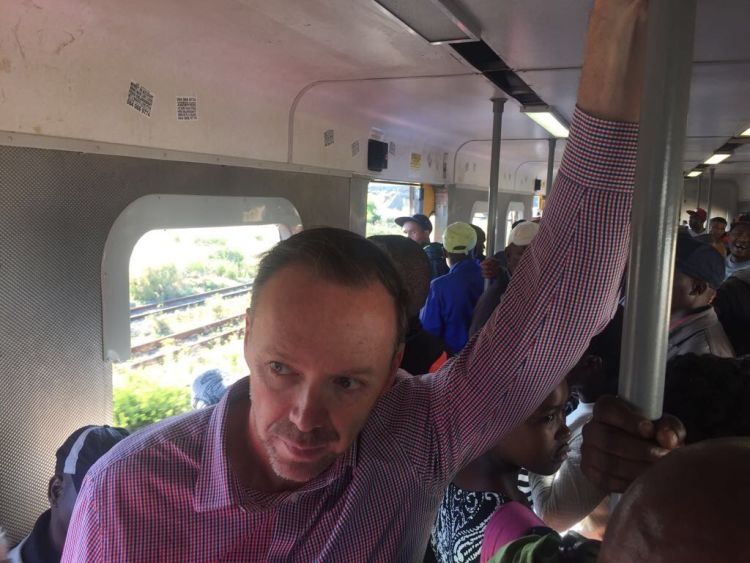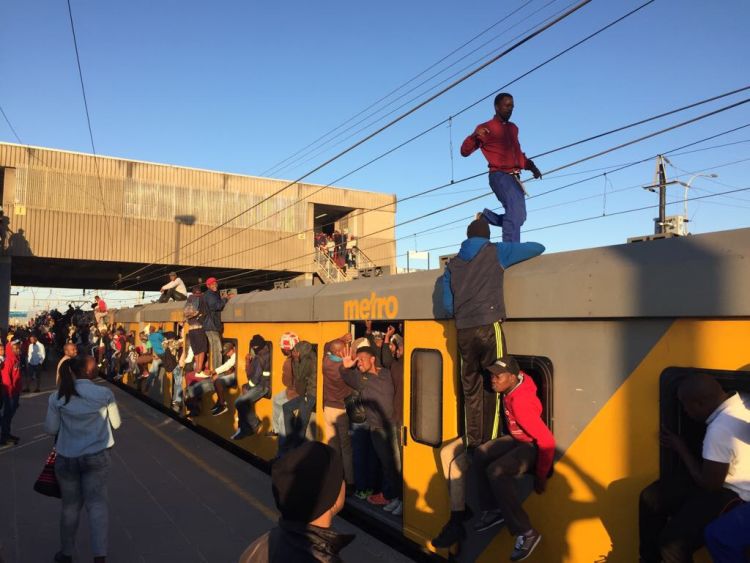Lessons from London: How Cape Town could tackle its transport crisis
Can we get on the same track as the city with the oldest underground railway network in the world?
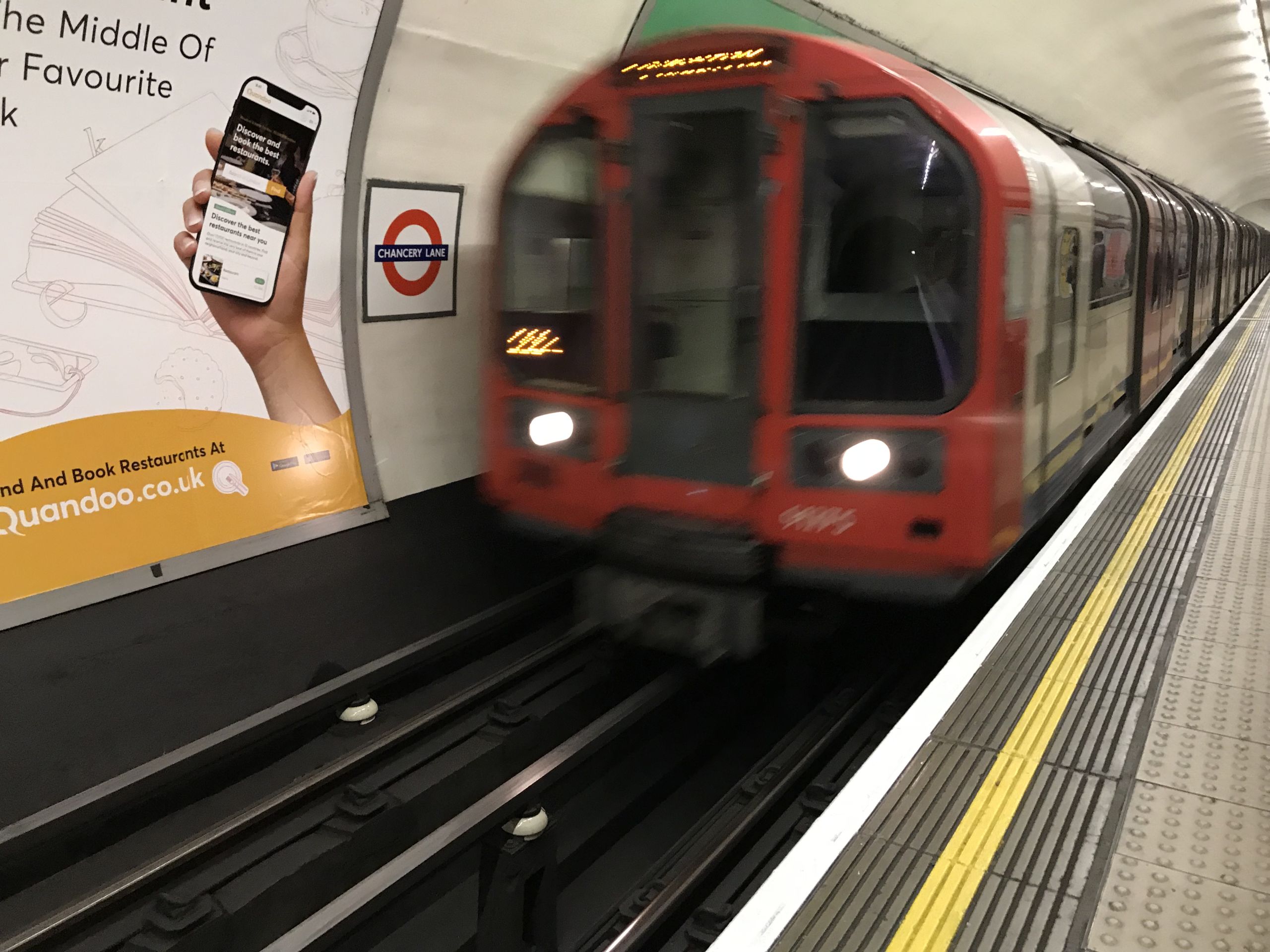
Let's pretend the trains in Cape Town run on schedule: Every time one train arrives at Cape Town station, every 15 minutes on one line, at least seven Underground trains have arrived and left in central London. Same goes for London's Overground trains - it's usually bang on time. The City of Cape Town is trying to reach this level of efficiency by taking over management of the rail network, which is currently run by Metrorail. Question is: "How long will commuters have to suffer?"
As a commuter who relies on the train to get to and from work in Cape Town, I'm used to dealing with daily delays of 20 to 30 minutes, sometimes 90 minutes. Once I was stuck on the train at night for nearly 3 hours due to an electrical fault! Imagine my delight when I arrived in London for a month-long media course to find a public transport system that not only seems to work, but one that people seem to want to use over cars (complete opposite to my city where many people have given up on public transport, leading to heavily congested roads). How did London get to this point, and can Cape Town get here too?
Transport for London (TfL) is the local government body responsible for the transport system in Greater London. It's working with London mayor Sadiq Khan in achieving his target that "80% of all trips are made on foot, by bike or public transport by 2041, which will reduce congestion and improve air quality." The body's latest 2016 Transport in London Report, reveals inner London is close to reaching this ambitious goal: In 2016/17, the number of residents using private vehicles decreased by 1.9 %. Cycling went up by 0.3 % and walking spiked by 4 %. It has to be noted, the use of public transport dropped by 2,4% during this period.
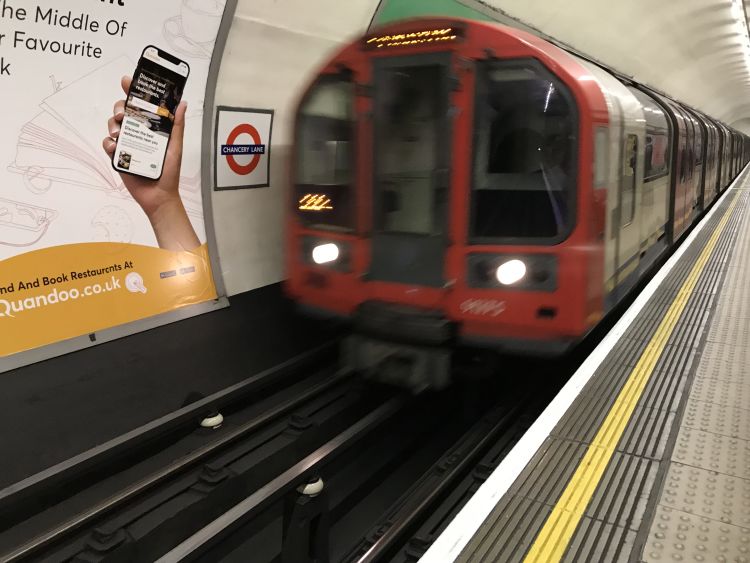
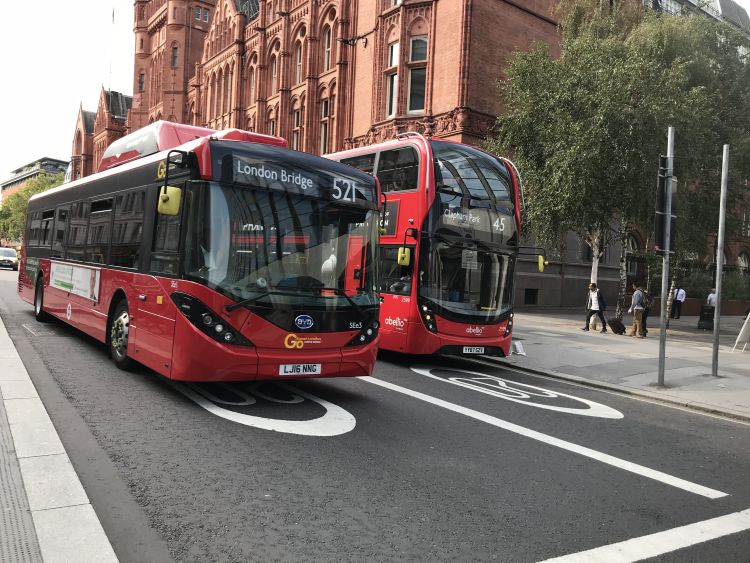
Jamie's Journey
28-year old Jamie-Leigh Cockrill bobs her head to the beat of whatever is playing through her headset on the packed underground carriage from central London to the east side, where she lives.
Jamie-Leigh - along with hundreds of commuters on the train - is headed home after a long day at work. Thankfully, she says, her commute is short and hassle-free. She only needs to change at one station. "The longest I've had to wait for a train has probably been about 5 or so minutes. I think there was something wrong that day," she laughs as the train pulls into her station. The walk home is barely long enough for her to listen to a new track.
"The journey home takes no longer than 15 minutes."
Jamie-Leigh, who moved from Cape Town to London two and a half years ago, says while she misses home, she doesn't miss the way she used to travel: "In Cape Town I used to take the taxi [minibus], and sometimes the Golden Arrow bus service, which is generally reliable but there’s not always routes to get to one place or another so you have to go via some other place..."
Safety is also not a major concern for Jamie-Leigh in London when she travels on the Overground or Underground trains. She says she feels generally safe to travel alone at night on the tube or train, something she would never attempt in South Africa.

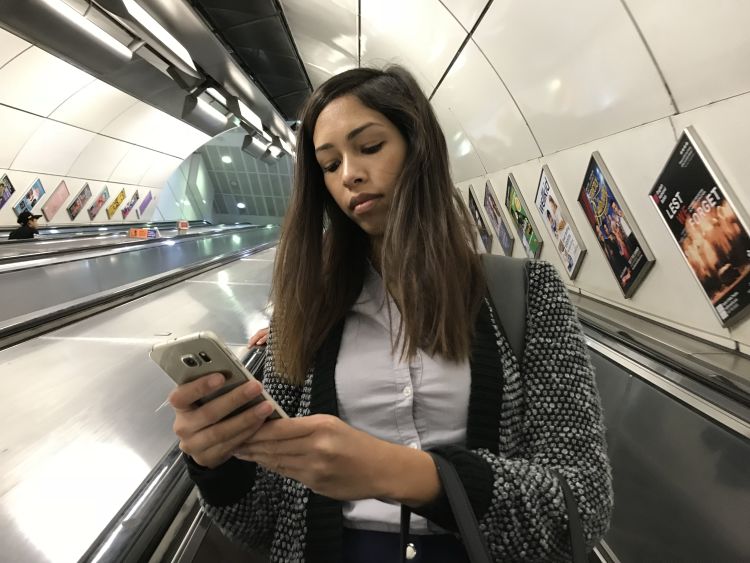
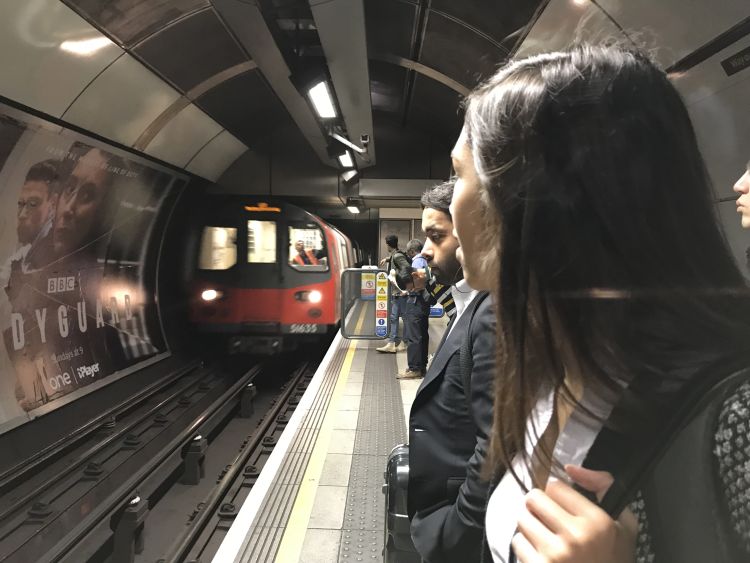
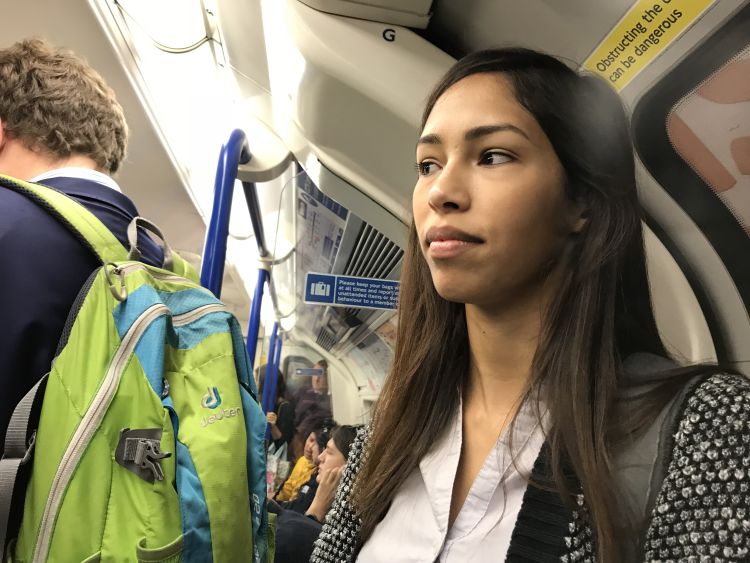
Jamie-Leigh is one of millions of London residents who prefer what TfL refers to as "active, efficient and sustainable modes." The 2016 Transport in London Report shows public transport, walking and cycling rose from 52% in 2000 to 62.1% in 2016 (see graph below).
Vincent Stops, a policy officer at London Travel Watch - a private body representing commuters - says a combination of factors has led to a decline in car usage in the city: "A few years ago it was a 4 percent reduction in private cars and that might not sound a lot, but actually that's better than any other major city in the world really. It's been a combination of TfL's management, political decisions to putting in congestion charge and restrain the private car in some places. Controlled parking has been put in, housing development without car parking and many facets of good transport planning have happened in London."
Transport policy researcher, Nicole Badstuber adds the introduction of a large fleet of buses into central London also helped boost the public transport sector. But Badstuber says in the last few years however there's been an increase in vehicles on the road: "I think that could be largely attributed to more delivery vans, more light vehicle goods. In addition to that we have private hire vehicles, your Ubers, your Lyfts now being in the cities more."
The TfL report notes a hike in private hire vehicles on the roads London-wide from 0.6 % of all trips in 2009/2010 to 1.2 % in 2016/17. Still, non-car usage by residents outweighs this - in central London at least. Vincent Stops says the further you move away from this vicinity, the more cars you'll find on the roads.
But London's public transport system isn't perfect.
Locals complain about delays, high fares and inconsistent service outside TfL's scope.
A 2017 report by London Assembly's Transport Committee has found the current Congestion Charge is "a blunt instrument using old technology that covers a tiny part of London." It makes a number of recommendations to tackle the increasing congestion, including a call for road pricing, which will see road users paying a fee according to how much they contribute to congestion.
Campaign for Better Transport, a UK advocacy group that promotes better bus and rail services, has also been lobbying for a more integrated network.
"We'd really like to see sub-national transport bodies and city regions across the country have these powers to co-ordinate bus services. There's new legislation giving local authorities more powers," explains Sustainable Transport Campaigner Bridget Fox. "Also, using new technology to join up these services, whether they're provided by the public sector or the private sector to make it easier for people to have good quality lives without being dependent on private cars."
Meanwhile TfL says the transferring of more regional rail services would "improve frequency, reliability and accessibility, ensure more stations are staffed all day, reduce levels of fare evasion, enhance station maintenance and cleaning and bring fares and ticketing in line with TfL’s integrated network to secure more affordable, seamless travel into and across the capital."
Cape Town's road to devolution
There are certain factors London has in place that's enabled it to achieve the world-class public transport system it enjoys today: legacy infrastructure (it has the oldest underground railway network in the world) and more funds dedicated to its public transport system.* Cape Town on the other hand, is plagued by a myriad of challenges hampering the public transport service, from socio-economic issues leading to crimes like cable theft to deliberate attacks on the infrastructure.
The rail network in Cape Town is the responsibility of Metrorail, owned by state-owned entity the Passenger Rail Agency of South Africa (Prasa). Prasa has faced a barrage of criticism over the past few years from Parliament to lobby groups blaming the poor rail service on inept management and poor leadership. In July this year, transport minister Blade Nzimande visited Cape Town following yet another round of arson attacks on trains. Nzimande said a "special task team" comprising of the police, local and national government would investigate the incidents that had led to damage worth millions of rands. The minister is set to host an imbizo looking at the public transport in the Western Cape and it's likely the rail situation will be high on the agenda. The Western Cape legislature is seeking answers from Prasa as well, following concerning revelations by the SAPS on the state of rail safety. The general state of rail safety and the spate of arson attacks in particular was of concern to members of the legislature.
The City of Cape Town's mayoral committee member for Transport and Urban Development Brett Herron says: "It is undeniable that a sinister force is at work to completely destroy our rail system. Our commuter rail system is under relentless attack, and this is clearly not opportunistic crime but a well-orchestrated programme of sabotage."
"Over the past 3 years, we have lost more than 140 carriages to fire." - Brett Herron, CT Council member
But Cape Town is trying to catch up to London, albeit slowly.
Herron is part of the team from the City investigating the feasibility of the municipality taking over management of the rail network: "The London model where all public transport services are operated under the authority of the City’s transport authority, Transport for London, is one we look to as a role model operating methodology." He believes if the City is in charge of the rail network, this will lead to a more reliable service, one where commuters could even use one card for different modes of public transport system (similar to the Oyster card in London).
Herron and his team are investigating costs and putting together a business plan to present to national government. He estimates hundreds of millions of rands will be needed "in the short- to medium-term to halt the decline and to build up passenger rail to a fully functional, effective and world-class service." But he warns, if the plan gets approved and the City gets the required funding it could still take several years for the "rescue operation" to bear fruit.
For now, the train commuters who make up the nearly 622 000 daily trips in Cape Town, will have to endure the nightmarish journeys,while the 1.2 million car users will have to get used to the daily slog on the congested roads.**
*Info from: http://content.tfl.gov.uk/transport-for-london-budget-2018-19.pdf **https://www.tda.gov.za/en/transport/getting-around/private-transport/
Related stories: https://ewn.co.za/2017/10/26/exclusive-off-the-rails; https://ewn.co.za/2018/02/27/prasa-acting-ceo-urges-commuters-stop-train-vandalism; https://ewn.co.za/2018/06/25/protesters-torch-metrorail-train-in-philippi
